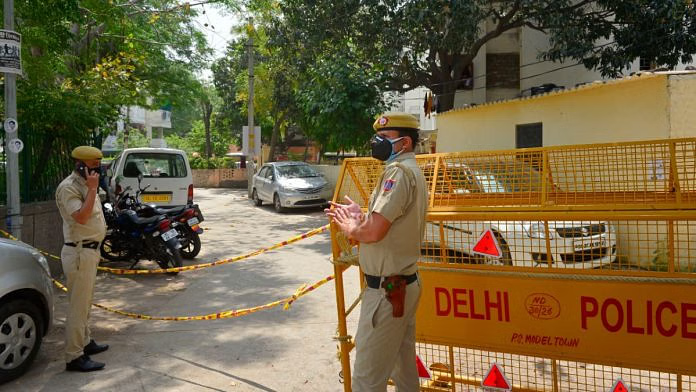Now Reading: DK Shivakumar’s Comment on Cars and Marriage Sparks Debate on Lifestyle and Mobility
-
01
DK Shivakumar’s Comment on Cars and Marriage Sparks Debate on Lifestyle and Mobility
DK Shivakumar’s Comment on Cars and Marriage Sparks Debate on Lifestyle and Mobility

Karnataka Deputy Chief Minister DK Shivakumar stirred discussion this week with his remark that while public transport is good, “try finding a bride without owning a car.” The comment, made during an event promoting mass transportation in Bengaluru, drew mixed reactions—some called it a reflection of social reality, others saw it as tone-deaf amid efforts to reduce traffic and pollution.
What prompted the remark
Shivakumar was addressing a gathering that encouraged citizens to use buses, metros and shared mobility options to ease Bengaluru’s congestion. While praising public transport, he pointed out that social expectations often clash with sustainable habits. His quip about needing a car to find a bride, though possibly intended humorously, quickly spread online and drew criticism for reinforcing stereotypes.
Public reaction and wider implications
The statement divided opinion. Supporters argued that he merely pointed out a cultural truth—many families still view car ownership as a status symbol, especially in Tier 2 and Tier 3 cities. Critics, however, felt the comment trivialised the government’s own push toward eco-friendly travel and highlighted how deeply material aspirations influence personal and social identity.
Why this resonates beyond Bengaluru
Across smaller Indian cities, owning a car often represents success, stability and respectability. Public transport systems outside metros are less developed, which adds to the mindset that private vehicles equal convenience and pride. Shivakumar’s comment, in that sense, touched on an underlying social dynamic—how economic growth and modern values sometimes collide with sustainability goals.
Balancing aspiration and responsibility
India’s cities face growing traffic and pollution challenges. Encouraging people to adopt public transport requires not just infrastructure but also cultural change. Governments and urban planners must make buses and metros efficient, safe and aspirational enough that people view them as smart choices, not compromises.
Conclusion
DK Shivakumar’s remark may have been casual, but it exposed a larger truth about urban India’s mindset: convenience and status often outweigh sustainability. For cities striving to balance modern mobility with environmental responsibility, the road ahead isn’t just about better transport—it’s about reshaping perceptions of progress itself.

























